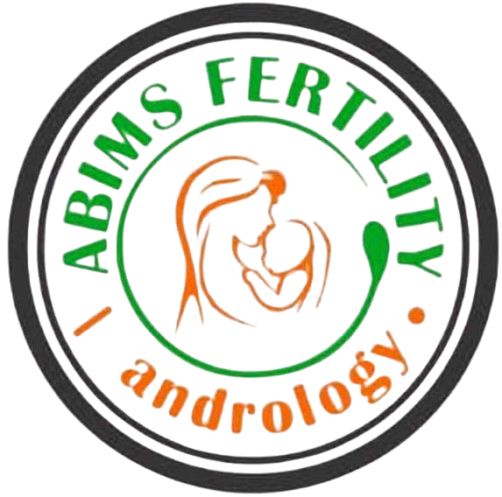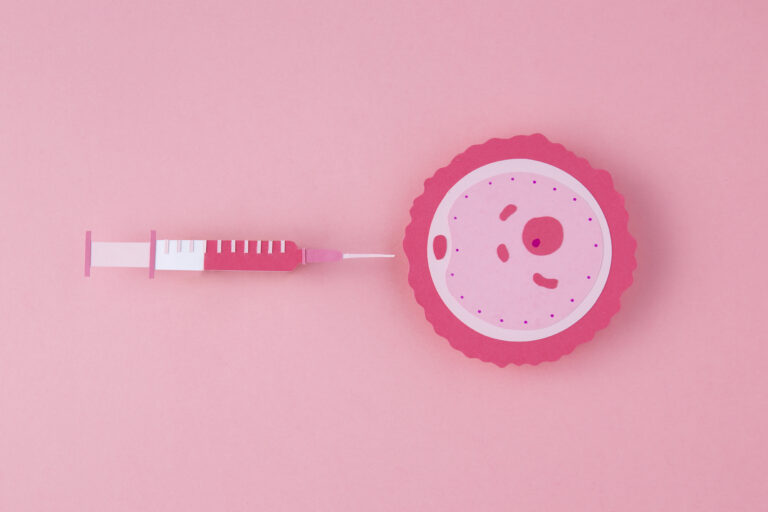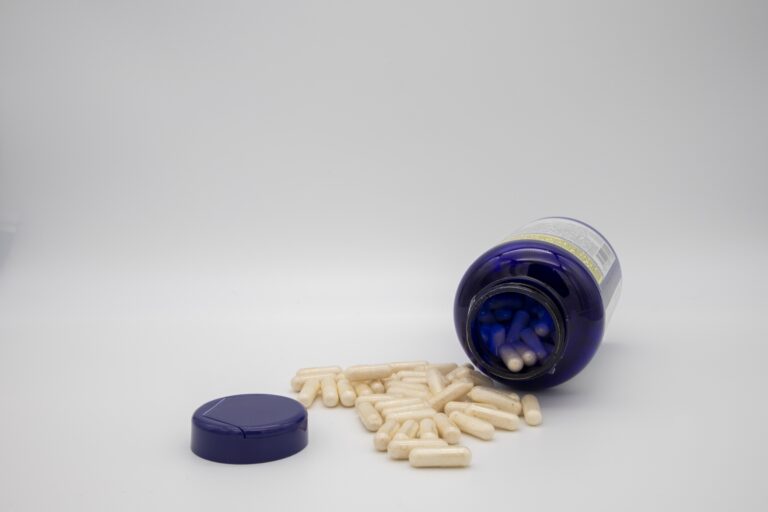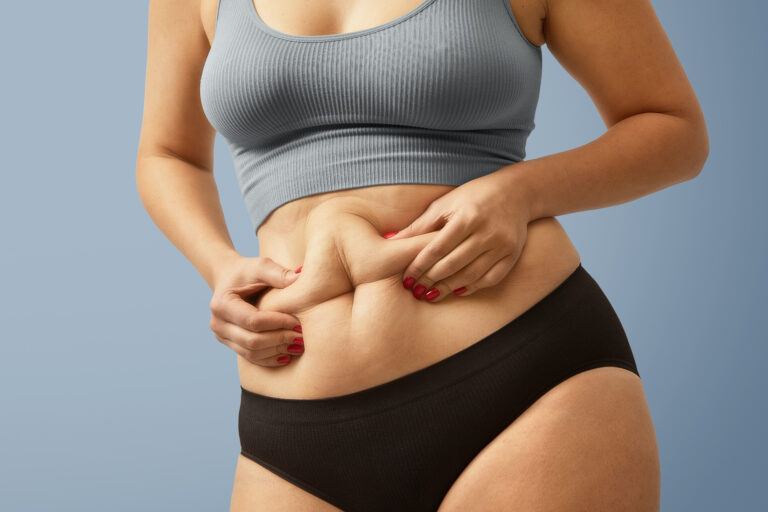Many patients ask about the success rate of IVF and expect a guaranteed positive result. However, several medical and biological factors influence IVF outcomes, and success is not automatic.
Maternal age is a major determinant. Egg quality declines with age, especially after 35. For women aged 35–40 using their own eggs, the success rate ranges from 40%–50%. Even with donor eggs, the recipient’s age still affects fertility outcomes.
Embryo quality is another vital factor. It depends on the genetic and structural integrity of the egg and sperm, whether from the couple or donors. High-grade embryos (Grade A or B) increase the likely hood of success but don’t guarantee implantation.
Uterine receptivity is crucial. Even with excellent embryos, the uterus must be receptive for implantation. This is an area where clinical control is limited. Sometimes, a mock embryo transfer is used to assess uterine response.
Another factor to considered by the clinic are:
1)Clinic specific patient selection process. This has to do with the rules, guideline or policies.
2)The quality of the sperm and egg should be considered.
3)The treatment method differs.
All these can determine the success rate of both the patients and clinic.









